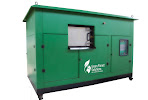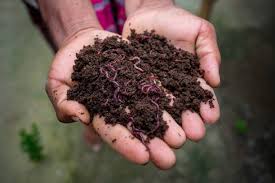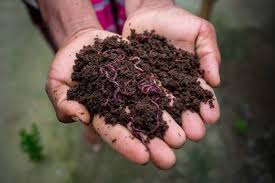Composting Machine Supplier Pune: Trusted Solutions for Societies & Businesses
Finding a reliable composting machine supplier in Pune has become essential as the Pune Municipal Corporation (PMC) strictly enforces Solid Waste Management (SWM) rules. Housing societies, hotels, restaurants, malls, and commercial properties must manage wet waste on-site to avoid penalties and rising disposal costs.
Green Planet Solutions Pune is a leading composting machine supplier Pune offering high-performance, odor-free, and PMC-compliant composting solutions designed for long-term savings and operational ease.
👉 GET COMPOSTING MACHINE PRICE IN PUNE – FREE CONSULTATION
Who Needs a Composting Machine Supplier in Pune?
- Housing societies & gated communities
- Hotels, restaurants & commercial kitchens
- Malls & shopping complexes
- Hospitals, schools & institutions
- IT parks & corporate offices
If your property generates daily wet waste, partnering with a trusted composting machine supplier Pune ensures compliance, hygiene, and cost control.
Problems Pune Properties Face Without the Right Composting Supplier
- PMC penalties for SWM non-compliance
- High waste transportation & handling costs
- Odour, pests & hygiene complaints
- Machine breakdowns due to poor support
- Low-quality compost output
Choosing an experienced composting machine supplier in Pune eliminates these risks and ensures smooth operations.
📊 CHECK THE RIGHT COMPOSTING MACHINE CAPACITY FOR YOUR PUNE PROPERTY
How to Choose the Best Composting Machine Supplier in Pune
- Understanding of PMC & SWM rules
- Wide range of composting machine capacities
- Odour & leachate control technology
- Energy-efficient & low-maintenance systems
- Local installation, training & AMC support
Composting Machine Capacity Options Available in Pune
- 20–100 kg/day: Cafes, small offices, restaurants
- 200–500 kg/day: Medium housing societies, hotels
- 1 TPD & above: Large societies, malls, institutions
A professional composting machine supplier Pune helps you select the exact capacity needed — no overinvestment, no underperformance.
Why Green Planet Solutions Pune Is a Preferred Composting Machine Supplier
Green Planet Solutions Pune is a trusted composting machine supplier Pune with proven expertise in delivering compliant, high-ROI composting solutions.
- Strong understanding of Pune waste regulations
- Customized composting solutions for every property
- Odour-free, hygienic composting systems
- End-to-end installation, training & support
- Reliable local service & AMC network
Visit us: www.thegreenplanetsolutions.com
♻️ BOOK A FREE WASTE AUDIT IN PUNE
Recommended Image Alt Text for WordPress
- composting machine supplier Pune
- organic waste composting machine Pune
- commercial composting machine Pune
Free Tools for Pune Properties
- Composting Machine Capacity Calculator
- ROI Calculator for Composting Machines
- PMC SWM Compliance Checklist
⬇️ DOWNLOAD FREE COMPOSTING TOOLKIT FOR PUNE
Final Thoughts
Partnering with the right composting machine supplier in Pune ensures compliance, operational efficiency, and long-term savings. With expert guidance and reliable support, composting becomes a seamless part of your daily operations.
#CompostingMachineSupplierPune #PuneWasteManagement #OrganicWasteManagement #GreenPlanetSolutions #PMCCompliance #WasteToWealth #SustainablePune







